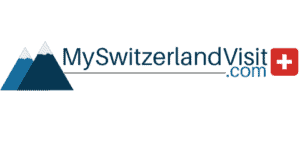When you want to visit Switzerland, good preparation is key. Switzerland has a different currency, the Swiss franc is used across the country.
In this blog, we will tell you everything you need to know about the Swiss franc and the exchange rate, and we will answer questions like: do they accept euros as well? Let’s start.
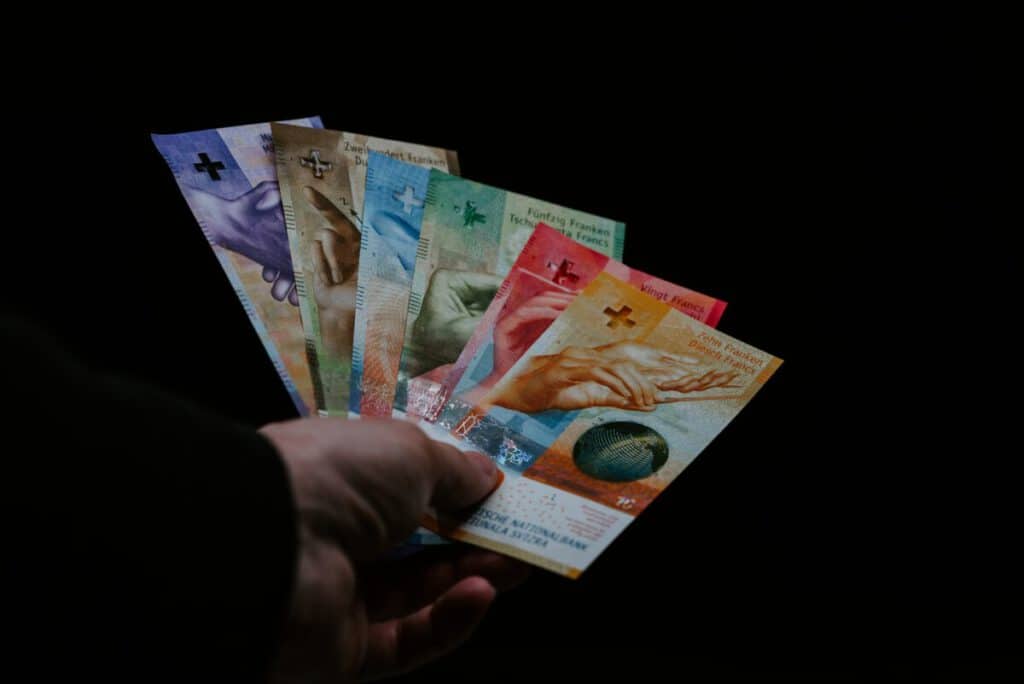
First of all, let’s answer the question: what currency is used in Switzerland? The currency used in Switzerland is the Swiss Franc, this is the official currency used in Switzerland, actually the only currency in Switzerland.
The Swiss Franc is known as a strong currency. What do we mean by strong currency? A strong currency means the exchange rate is often not to your benefit, the exchange rate is often perceived and experienced as quite expensive and unfavourable.
What are the current exchange rates of the Swiss Franc to the euro, USD and pound?
The current exchange rate for the Swiss franc to the euro, USD and pound are displayed below in this table.
| Currency | CHF |
| Euro 1.05 | 1.0 |
| USD 1.14 | 1.0 |
| Pound 0.90 | 1.0 |
Should you use the Swiss franc or a euro in Switzerland?
As mentioned above, the official currency in Switzerland is the Swiss franc. The Swiss franc is the only currency accepted in the whole of Switzerland. To give you some extra info, the euro is used in the countries around Switzerland, such as Germany, Italy and Austria.
But good to know, you can pay in euros in a lot of hotels, rail stations, petrol stations and shops. When you pay by card it isn’t a problem at all, as your bank provider will convert it automatically.
Good to know, is that the smaller shops, such as the smaller kiosks or bakeries only accept payments in the Swiss currency(CHF).
Because the Swiss franc is the national currency in Switzerland, paying in euros will result in higher exchange costs for the payer. This being said, we recommend taking money from ATMs in this way you can pay in Swiss francs. There are plenty of ATMs available in the cities and villages.
If you stay for just one day, just use your bank card, but for longer stays, we highly recommend going to the ATM and getting the Swiss national currency(CHF).
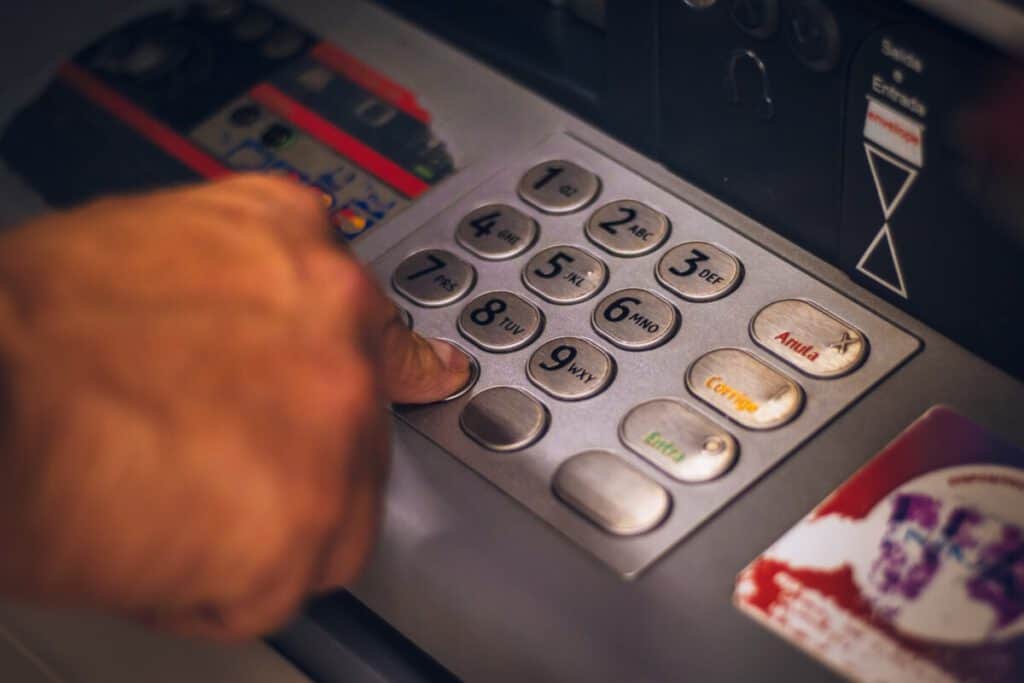
How can I pay in Switzerland?
Besides paying with cash you can also pay by credit card or debit card. These are accepted almost all over Switzerland.
This means you do not need to keep high amounts of cash at hand, although a little sidenote: when going up in the mountains, we recommend taking cash with you, most mountain restaurants do not offer the possibility to pay by card.
If you need cash, just go to the nearest ATM, there is a lot in almost all villages, you can find them at the rail stations, shopping centres and the post offices or supermarkets. In our experience, the best thing to do is to go to the ATM once a day and request for example 200 CHF.
Switzerland is a safe country so you do not have to be afraid to be robbed or something like that. Good to note, that your bank may charge fees for the exchange from your currency to the Swiss franc.
What is the symbol of the Swiss franc?
The Swiss franc has a symbol: CHF. Note, that you will often see Fr. This is an abbreviation. This symbol is widely used as well. You often see prices in shops shortened to for example 11 and not 11.05.
The coins of the Swiss franc are:
What does rappen mean? 1/100 of a Swiss franc is called a rappen in German and centime in French, or in Italian: centesimo.
- 0.05 francs, 5 rappen
- 0.10 francs, 10 rappen
- 0.20 francs, 20 rappen
- 0.50 francs, 50 rappen
- 1 franc
- 2 francs
- 5 francs (you will be surprised by how big these coins are)
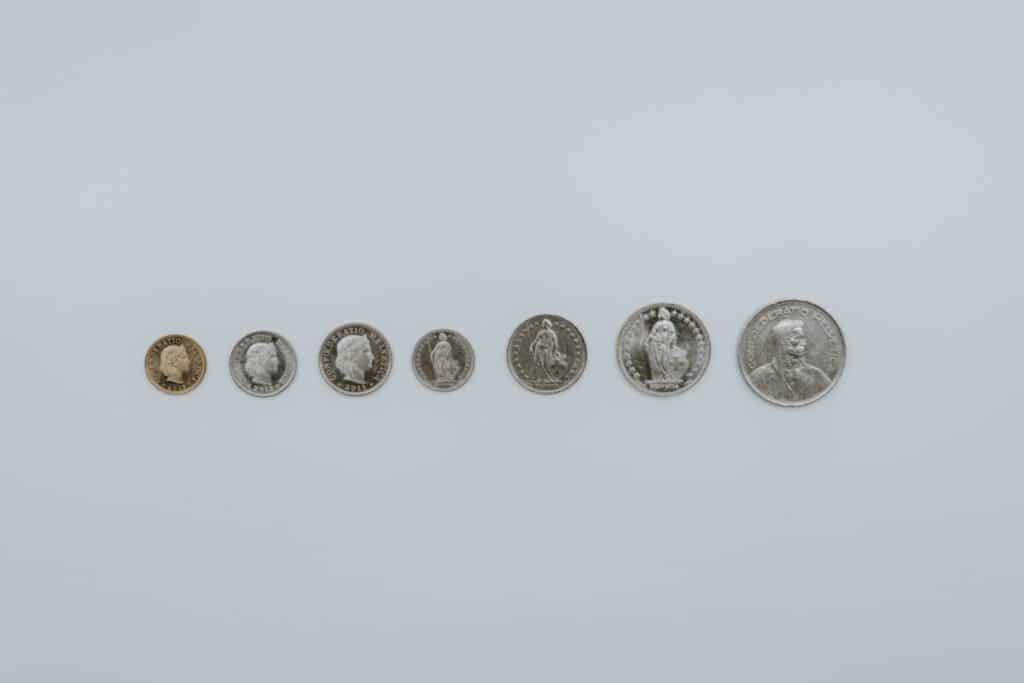
The Swiss franc notes are:
- 10 francs
- 20 francs
- 50 francs
- 100 francs
- 200 francs
- 1000 francs
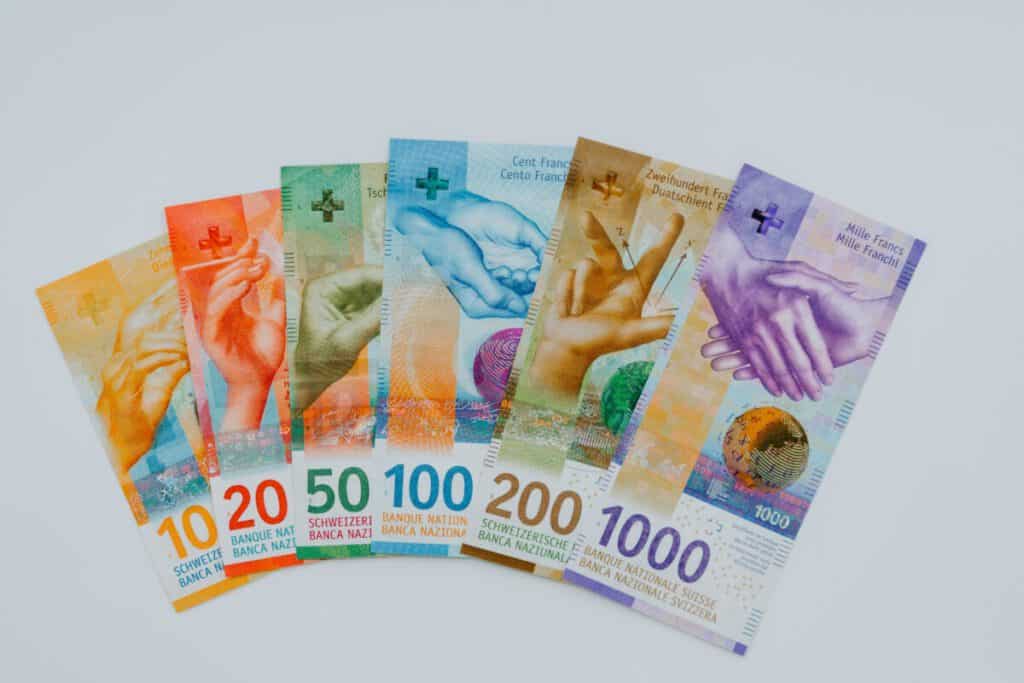
Is Switzerland an expensive country?
As we already mentioned above, Switzerland is quite an expensive country to visit. Several factors make it a more expensive holiday destination. First of all, there is a strong currency. For tourists, it is not cheap to visit Switzerland.
The prices in the more popular places may be high to your experience, but the standards according to the quality of food, facilities and hotels are high compared to other countries. So the price/performance ratio is favourable, you get high quality, against slightly higher prices.
Read our blog about things you need to now before visiting Switzerland
Click here to view the blog!
How to save money visiting Switzerland?
As mentioned above, the prices in Switzerland are quite high. But, luckily there are several ways to save money. We will state them here:
- Many people think there are only expensive hotels in Switzerland, but the short answer is no, there are a lot of hotels, for budget visitors, that still offer excellent facilities.
- We advise shopping at Lidl, Coop or Aldi. The vegetables fruit and meat are from Switzerland of a high standard. You can create a fabulous dinner, so there is no implicit need to go out and have dinner in a restaurant. Of course, we would recommend trying the cuisine of Switzerland, Swiss fondue is so delicious.
- Planning your visit to Switzerland is often overlooked, but important. Planning your trip can save you money. With planning we also mean the rail passes, and ski lift passes.
- Travel by train, the public transport is of high quality in Switzerland, maybe think two or three times before renting an expensive car. Plus, the views from the trains are so beautiful. Checkout our blog about the Swiss Travel Pass
- Remember exploring nature in Switzerland is free, hiking is such a beautiful way to explore the beauty Switzerland has to offer.
Conclusion
We’ve learned that the national currency in Switzerland is the Swiss franc. Also known as the symbol CHF. There are shops in Switzerland accepting euros. But most of the local shops, coffee shops, bakeries or kiosks do not accept euros.
We advise going to an ATM to get the CHF notes. Switzerland is considered to be quite an expensive country, but we would like to state that the quality of food and facilities is high compared to the costs.
In the blog, you can also read ways to save money, make sure to check those out! We hope things got more clear to you while reading this blog.
